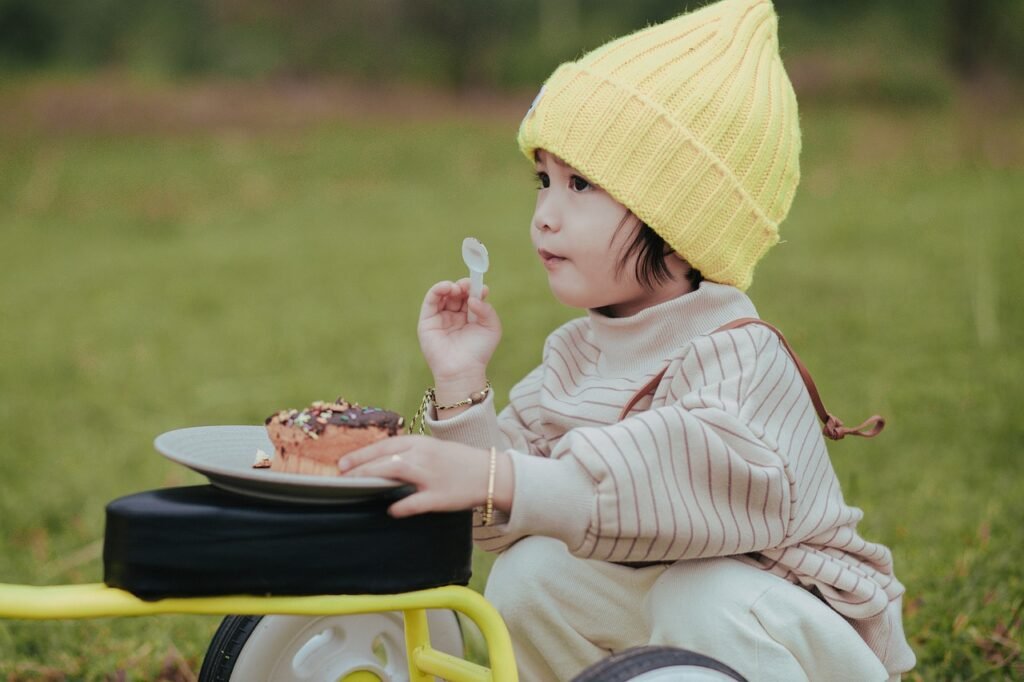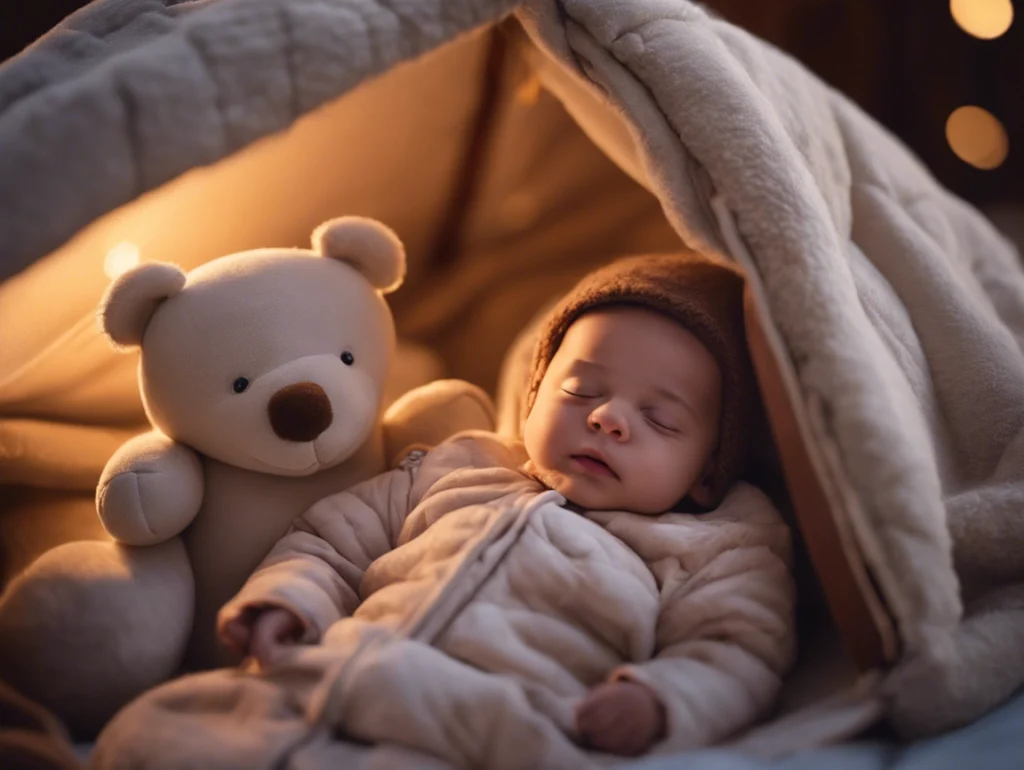Baby bibs might seem like a small item in your parenting arsenal, but they can make a big difference when it comes to managing the chaos of mealtimes and drooling stages. The question is: how many baby bibs do you really need to keep your baby (and your sanity) clean?
In this guide, we’ll cover everything you need to know about baby bibs, from how many to buy for each stage to practical tips on keeping them organized. Whether you’re a first-time parent or simply curious, this article has you covered—without leaving a stain!

1. Why Baby Bibs Are Essential for Every Parent
Protecting Baby’s Clothes from Spills and Stains
Between milk dribbles, puree splashes, and teething drool, baby bibs prevent frequent outfit changes. Think of them as your first line of defense against a never-ending laundry pile.
Promoting Hygiene and Reducing Mess
Clean bibs protect your baby’s sensitive skin by minimizing prolonged exposure to moisture and food debris. Nobody likes a sticky baby, especially your baby!
Enhancing Baby’s Comfort During Meals
Soft, well-fitted bibs ensure your baby feels comfortable while focusing on the joys of eating (or, let’s be real, smearing food everywhere).
Quick Tip: For best results, opt for bibs made of breathable, hypoallergenic materials like organic cotton or silicone.
2. How Many Baby Bibs Do You Really Need?
Factors to Consider
The ideal number of bibs depends on a few key factors:
| Factor | Impact on Bib Quantity |
|---|---|
| Baby’s Age | Newborns need 10–12 drool-friendly bibs; older infants require more for feeding. |
| Feeding Frequency | Frequent feeders = more bibs. Formula or breastfeeding? Fewer bibs. |
| Laundry Schedule | Daily washers need fewer bibs (6–8). Weekly washers? Stockpile 15–20. |
| Lifestyle | On-the-go families need extra travel-friendly bibs (about 5). |
Pro Tip: Keep some emergency bibs in your diaper bag for on-the-go messes.
3. Bib Recommendations by Baby Stage
Newborns (0–6 Months)
Newborns mainly need bibs for drool and spit-ups. At this stage, you’ll need 10–12 soft, absorbent bibs to rotate through daily.
Solid Food Stage (6–12 Months)
As your baby begins solids, things get messier. Waterproof bibs with a food-catching pocket are lifesavers. Increase your collection to 15–20 bibs, especially if laundry days are sparse.
Toddler Stage (12+ Months)
Toddlers eat more independently but not necessarily cleaner. 10–15 bibs with larger coverage work well for messy meals and art projects.
| Stage | Recommended Bib Count | Best Bib Types |
|---|---|---|
| Newborn | 10–12 | Soft cotton or banded bibs |
| Solid Foods | 15–20 | Silicone or pocketed bibs |
| Toddler | 10–15 | Waterproof, full-coverage bibs |
4. Types of Baby Bibs and Their Uses
When it comes to baby bibs, one size (or type) doesn’t fit all. Here’s a quick breakdown:
| Bib Type | Best For | Key Features |
|---|---|---|
| Banded Bibs | Everyday drool or spit-up | Lightweight, absorbent |
| Pocket Bibs | Messy solid food meals | Food-catching pocket, waterproof |
| Silicone Bibs | Easy cleanup after meals | Durable, wipeable, dishwasher-safe |
| Fashion Bibs | Special occasions | Stylish, outfit-friendly |
5. Managing Your Baby Bib Collection
Create a Bib Rotation System
Organize bibs by usage: keep daily-use bibs in easy-to-access areas and stash backup bibs in your diaper bag.
Choose Easy-to-Clean Materials
Prioritize materials that can handle frequent washing. Silicone bibs are great for solids, while cloth bibs are best for newborns.
Store Bibs Smartly
Use drawer dividers or small baskets to store bibs neatly. For travel bibs, keep a zippered pouch in your diaper bag.
6. Cost-Effective Baby Bib Strategies
Invest in Multifunctional Bibs
Look for bibs that adapt as your baby grows, such as adjustable snap closures or large waterproof designs.
DIY Baby Bibs
Feeling crafty? Old T-shirts or towels can be repurposed into homemade bibs—a fun and economical project.
Balance Quality and Quantity
Cheap bibs might wear out quickly. A mix of high-quality and budget-friendly options ensures durability without overspending.
Shop Smart: Online baby stores often offer bundle deals for bibs, saving both money and time.
7. When and How to Replace Baby Bibs
Signs of Wear and Tear
Replace bibs when they show fraying, discoloration, or lose their shape.
Adapting to Growth
As your baby grows, you’ll need bibs with larger coverage or new features like sleeves for extra protection.
Introducing New Styles
Try new styles like long-sleeve bibs or fashionable designs for family outings or milestone photoshoots.
8. Expert Insights and Real-Parent Advice
- Pediatrician Advice: Bibs with hypoallergenic materials are best for sensitive skin.
- Parent Tip: “I keep a set of bibs in the kitchen and another in the car—it’s been a lifesaver during road trips!”
9. Frequently Asked Questions (FAQs)
Q: How often should I wash my baby’s bibs?
A: Wash cloth bibs daily or after each use. Silicone bibs can simply be wiped clean or popped in the dishwasher.
Q: Are silicone bibs better than cloth bibs?
A: Both have their benefits. Silicone bibs are ideal for solids, while cloth bibs work well for drool and milk.
Q: How many bibs do you recommend for a first-time parent?
A: Start with 10–12 for newborns and adjust to 15–20 as your baby begins eating solids.
Q: Can baby bibs help with teething drool?
A: Absolutely! Look for absorbent banded bibs to keep your baby dry and comfortable during teething.
Conclusion
Baby bibs are more than just accessories—they’re essential tools for navigating the messy (but rewarding) world of parenting. By understanding your baby’s needs, laundry routine, and lifestyle, you can determine the perfect number and type of bibs to keep mealtime stress-free.
For more parenting tips, check out our related guides:
Sources:
Don’t forget to share this guide with fellow new parents—because every bib counts! 😊

